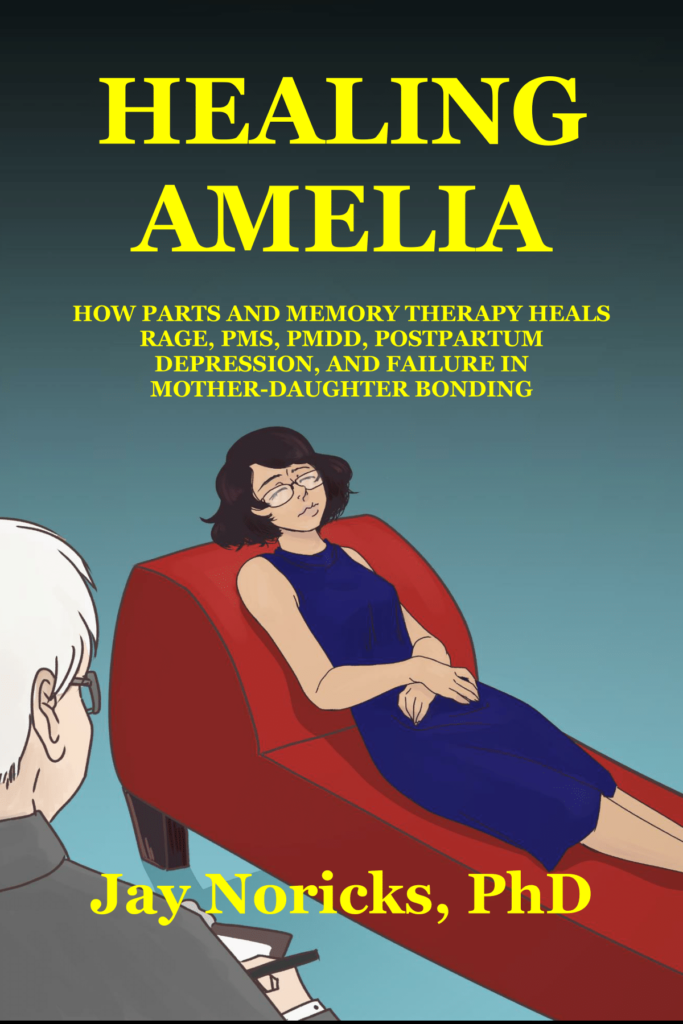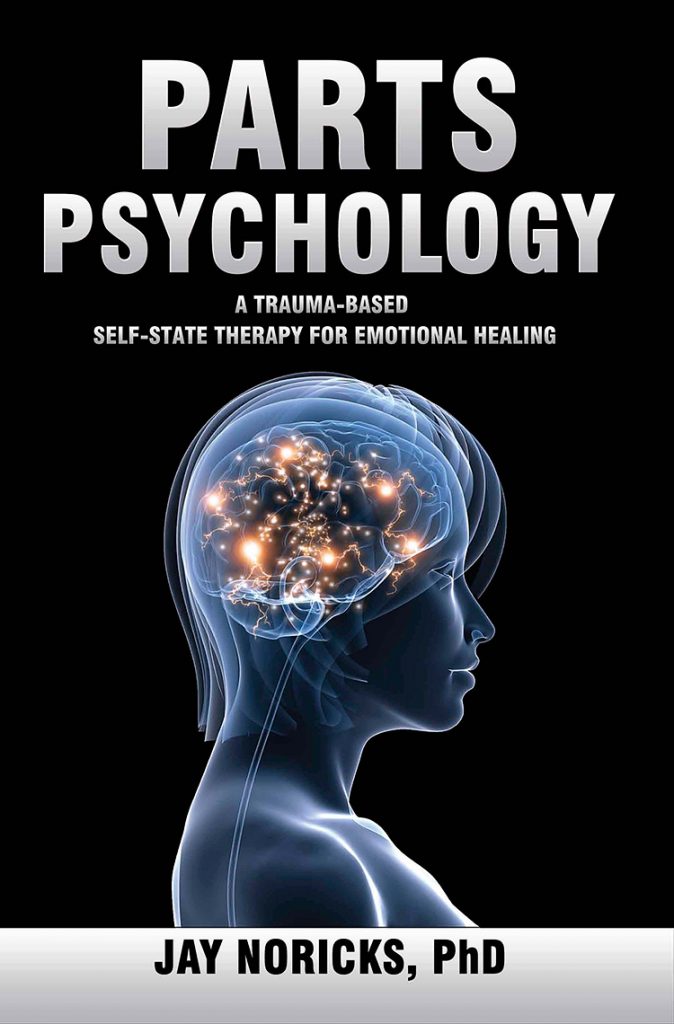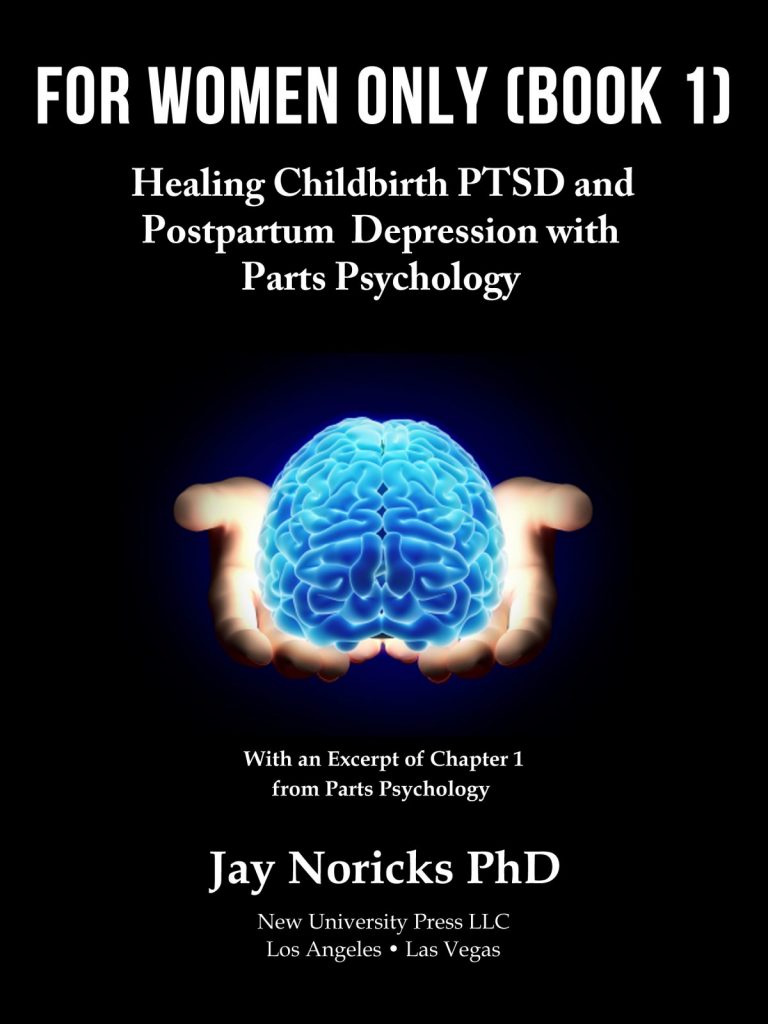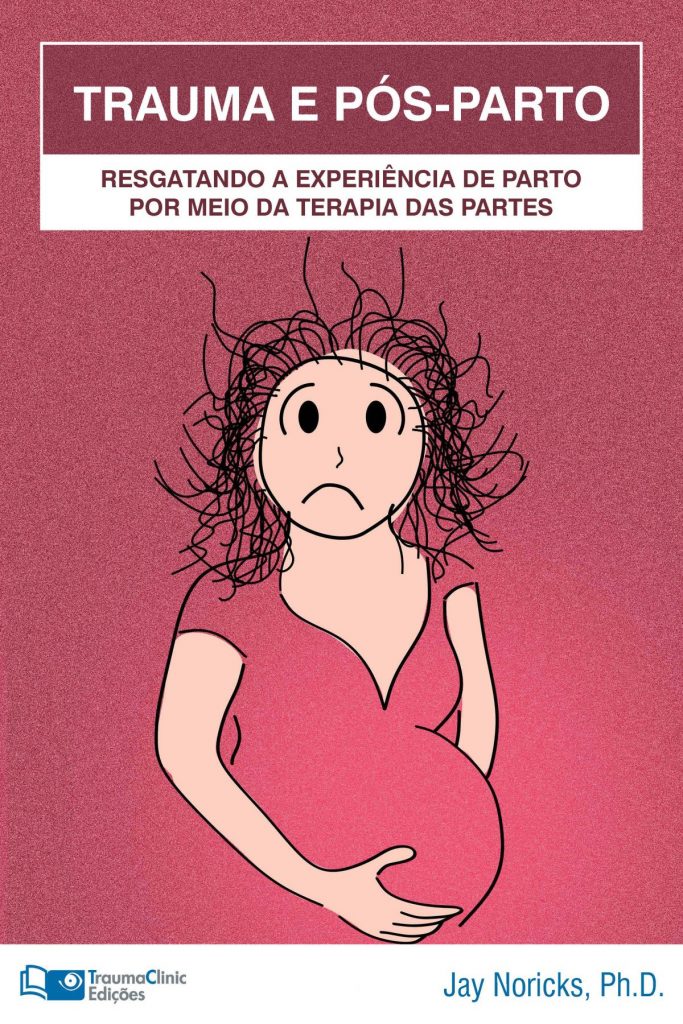LEARN MORE. READ ANY OF THE BOOKS BELOW.
Healing Amelia
Jay NoricksSome of the internal characters (Parts) that populate the book are displayed as artists’ conceptions under the Home tab. There are other characters in the book but these are the most important ones.
The core of HEALING AMELIA describes the workings of Parts and Memory Therapy, a novel psychotherapy that brings actual healing rather than mere coping skills to emotional issues. The approach combines the recognition of dynamic, internal, personified Parts of the self with the recognition that the vast majority of adult mental health issues have their origins in traumatic and other painful experiences of growing up. Thus the healing or neutralizing of disturbing memories carried by internal Parts is the primary focus of most interventions.
The book demonstrates the potency of this therapeutic model through a dramatic narrative of healing Amelia of multiple issues that together affect tens of millions of women. The issues include PMS (Premenstrual Syndrome), PMDD (Premenstrual Dysphoric Disorder), Postpartum Depression, and failure in mother-child bonding. An additional feature of Amelia’s personality that demanded attention was her indomitable rage. Throughout the book, as one fiercely angry Part is healed, another takes her place until, near the end of the book, we finally find the Last Angry Part.
HEALING AMELIA is dramatic. It has villains (e.g., an internal witch, an internal boogie man, and an external husband) and a hero (Amelia herself). There is a dream of marital bliss and plans for another child. There is a metaphorical journey from a place of pain and oppression to one of redemption and triumph. There is powerful conflict during the journey as many of Amelia’s Parts rebel against plans for another baby because they doubt she will get the support she needs from husband Michael.
A powerful inner Part that Amelia calls The Witch leads the rebellion against the initial peace and baby plan that followed early therapy gains. The Witch hates porn-addicted Michael and insists that he will betray Amelia, just as he did before when he was never there for her during her previous pregnancy and postpartum depression. The symptoms of the Premenstrual Syndrome and of Premenstrual Dysphoric Disorder are the weapons The Witch uses to block Amelia’s plans. Finally, after nearly two years of treatment, the therapy transforms the Witch into a vibrant, newly-named Angel; Amelia’s symptoms cease; and she reconciles with Michael (who has done his own therapy).
Parts Psychology
Jay NoricksThis book adopts a novel, even revolutionary, approach to healing a wide range of psychological problems in therapy. The premise is that all of us have a number of multiple personalities within us who powerfully influence every aspect of our lives. By locating these internal Parts and neutralizing the effects of the high-energy, often traumatic, experiences that created them, Parts Psychology demonstrates that patients can heal rapidly and completely from long-held emotional issues.
The core of the book contains the healing narratives for 12 patients who, except for the problems that brought them to therapy, lead relatively normal lives. Several chapters describe the treatment process for such problems of emotional intimacy as lost love, low sexual desire, jealousy, and sexual swinging. Others describe issues of compulsion such as binge eating, porn addiction and bulimia. Several chapters detail success stories in the treatment of anger and rage, depression, grief and anxiety. Child abuse appears in the history of a number of patients. Each story begins with the first meeting with the therapist and concludes when the patient graduates from therapy.
A first look at patients’ inner worlds might suggest to some the presence of Dissociative Identity Disorder (Multiple Personality Disorder). And many patients are shocked to find that they can have conversations with themselves. However, the case studies illustrate that having unconscious Parts (subpersonalities), represented by a range of images and ages, is normal. Although people may use fascinating images to represent their internal worlds, the more important content of a Part of the self is its unique set of memories. Life experiences recorded in memory are the subject matter for therapy. Adult issues always have to do with the painful or novel life experiences that created the Parts and the problems in a person’s life, especially the adaptations and experiences of childhood.
For Women Only (Book 1)
Jay NoricksFor Women Only, (Book 1) was originally intended to be the first in a series of books devoted to exploring women’s issues in psychotherapy and counseling. However, the second book turned out to be a major undertaking in itself. The result was Healing Amelia, now awaiting publication.
For Women Only describes the treatment in just six sessions of two major issues. The first was the PTSD produced by 37 hours of labor and a life-threatening childbirth. The second was postpartum depression, something that is experienced by one in every ten women following childbirth.
The healing of postpartum depression here through Parts and Memory Therapy (formerly named Parts Psychology) illustrates an approach to psychotherapy that emphasizes the importance of childhood experiences in the development of adult dysfunction. In this case, childhood problems with the patient’s mother—visualized metaphorically as a Medusa with a head of hair full of snakes—required healing before the postpartum depression could also be healed.
In sum, this little book illustrates the process of neutralizing painful memories, from childhood to the present, as a means of healing adult mental health problems. The memories are carried within internal, personified Parts of the self—internal images of the patient at different times and places in her life.
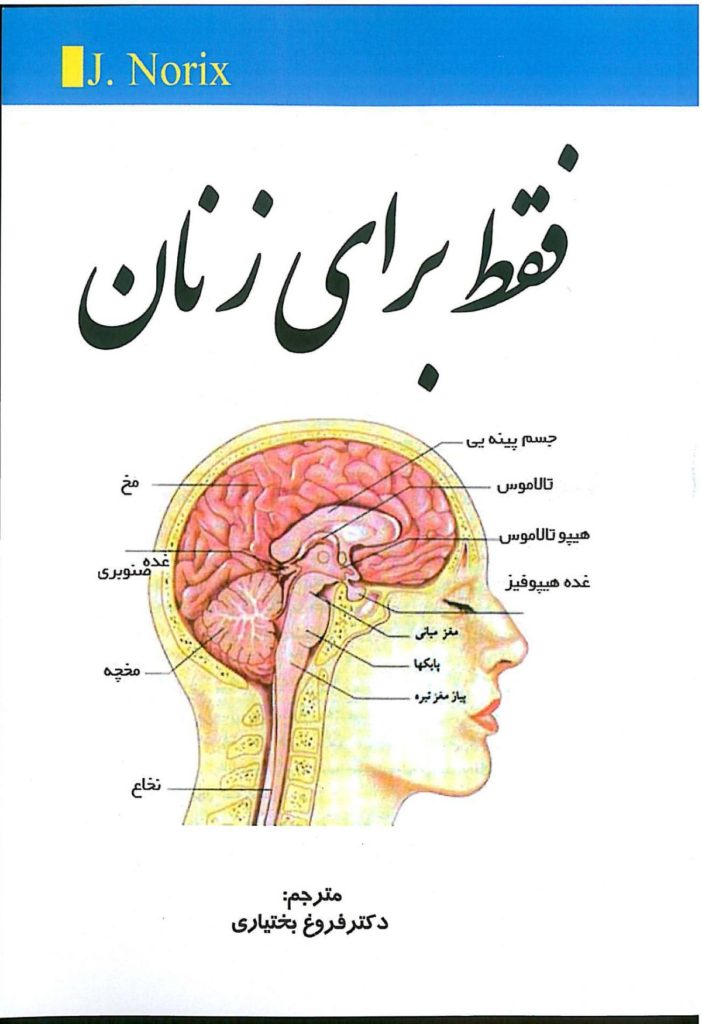
For Women Only (Book One), Farsi translation.
Jay NoricksThis book is the Farsi translation of For Women Only. It is currently available only in Iran. Publication of the Farsi translation as an eBook in the United States may soon appear.
TRAUMA E PÓS-PARTO
Jay Noricks
This is the Portuguese translation of the For Women Only book, with a change of title to “Trauma and Postpartum Depression.” Published in Brazil, but available on Amazon, it is currently available only as an eBook. A translation of the book into Spanish is underway by the same publisher.
